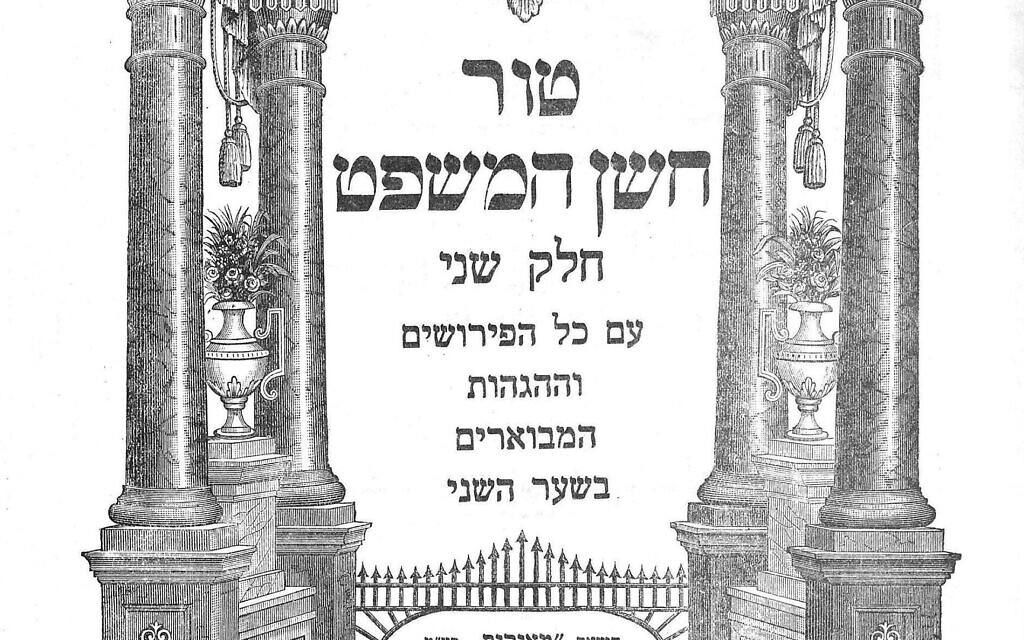
UPDATE: New insights into the principles of taxation within halachah have just been released, shedding light on historical and contemporary implications. As the new financial year begins, the discussion around taxation is more relevant than ever, influencing both religious and secular communities.
Historically, the earliest form of taxation noted in Jewish texts is the half shekel, used for maintaining the Mishkan and later the Beit Hamikdash. These ancient practices set a precedent for modern tax discussions, which include tithes to the Levites and support for the poor. However, the question of taxation became contentious after the death of King Solomon, leading to a split in the kingdom due to increased tax burdens proposed by his son, Rehoboam.
Recent analyses of Mishnaic and Talmudic literature reveal that taxation was a pivotal issue during the Roman period. The Romans implemented a poll tax, which replaced the traditional half shekel, causing resentment among the Jewish populace. Tax collectors, known as “Mukhsin,” were often seen as exploitative, leading to a complex relationship with taxation that persists today.
In a notable exchange recorded in the Talmud, Rabbi Yehudah praised Roman infrastructure, while Rabbi Shimon bar Yochai critiqued their motivations, arguing they served their interests rather than the public good. This debate resonates with contemporary concerns about government spending and tax allocations, raising questions about how public funds are utilized.
The Shulchan Aruch, or Code of Jewish Law, provides a framework for taxation that extends beyond theoretical discussions. In various communities, the responsibility for tax collection often fell to local leaders, who had to determine how to raise necessary funds for communal services. Chapter 163 of Choshen Mishpat addresses the obligations of residents to contribute to community needs, ensuring support for security, religious institutions, and welfare.
Importantly, the law recognizes the necessity of a fair taxation system, contemplating progressive taxation where affluent individuals contribute more. This principle echoes modern discussions in Israel regarding exemptions for scholars from civic duties, highlighting the ongoing relevance of these ancient texts.
The phrase “minhag hamedinah” — the custom of the state — integrates secular law into halachic discussions, showcasing the dynamic interplay between religious and civil obligations. As public sentiment shifts regarding government spending, these historical precedents offer valuable insights into present-day taxation debates.
As we navigate this financial year, understanding halachic perspectives on taxation is crucial for informed dialogue. The historical context, combined with modern implications, underscores the timeless nature of these discussions, reaffirming the notion that, indeed, nothing is certain but death and taxes.
Stay tuned for more updates on this developing story as communities engage in discussions about the implications of these teachings today.





